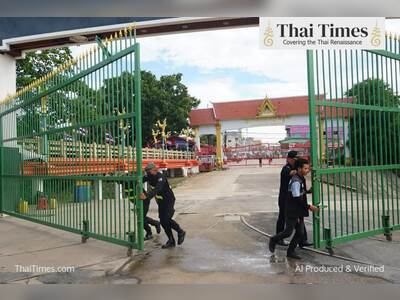Thai SEC sets curbs on foreign-dominated short-selling
The Thai Securities and Exchange Commission (SEC) is introducing new regulations aimed at increasing market transparency and reducing the impact of foreign-dominated short-selling.
According to the SEC Secretary-General Pornanong Budsaratragoon, these measures will come into force possibly in April and are expected to expedite investigations into suspicious foreign trades.
Under the new rules, the criteria for stocks eligible for short-selling will become stricter, elevating the market cap requirement from 5 billion to 7.5 billion baht and necessitating at least 2% monthly share turnover.
Short-selling will also face daily limits, and significant price drops will activate an uptick rule. Severe fines will target illegal naked shorting.
Pornanong indicated that the aim is to lower the number of shortable stocks from 30% to 20% of all listed companies. High-frequency trading programs will need to register and comply with a new central order screening system designed to minimize disruptive trades.
Sanctions for market manipulation are also set to strengthen by Q3 2024, extending beyond brokers to the ultimate beneficial owners, though legislative changes may take time.
The SEC is not planning to approve cryptocurrency ETFs in the near future due to regulatory differences with the U.S. Pornanong stressed the need for a unique investment framework adapting to Thai laws that segregate securities and digital assets.
Under the new rules, the criteria for stocks eligible for short-selling will become stricter, elevating the market cap requirement from 5 billion to 7.5 billion baht and necessitating at least 2% monthly share turnover.
Short-selling will also face daily limits, and significant price drops will activate an uptick rule. Severe fines will target illegal naked shorting.
Pornanong indicated that the aim is to lower the number of shortable stocks from 30% to 20% of all listed companies. High-frequency trading programs will need to register and comply with a new central order screening system designed to minimize disruptive trades.
Sanctions for market manipulation are also set to strengthen by Q3 2024, extending beyond brokers to the ultimate beneficial owners, though legislative changes may take time.
The SEC is not planning to approve cryptocurrency ETFs in the near future due to regulatory differences with the U.S. Pornanong stressed the need for a unique investment framework adapting to Thai laws that segregate securities and digital assets.











